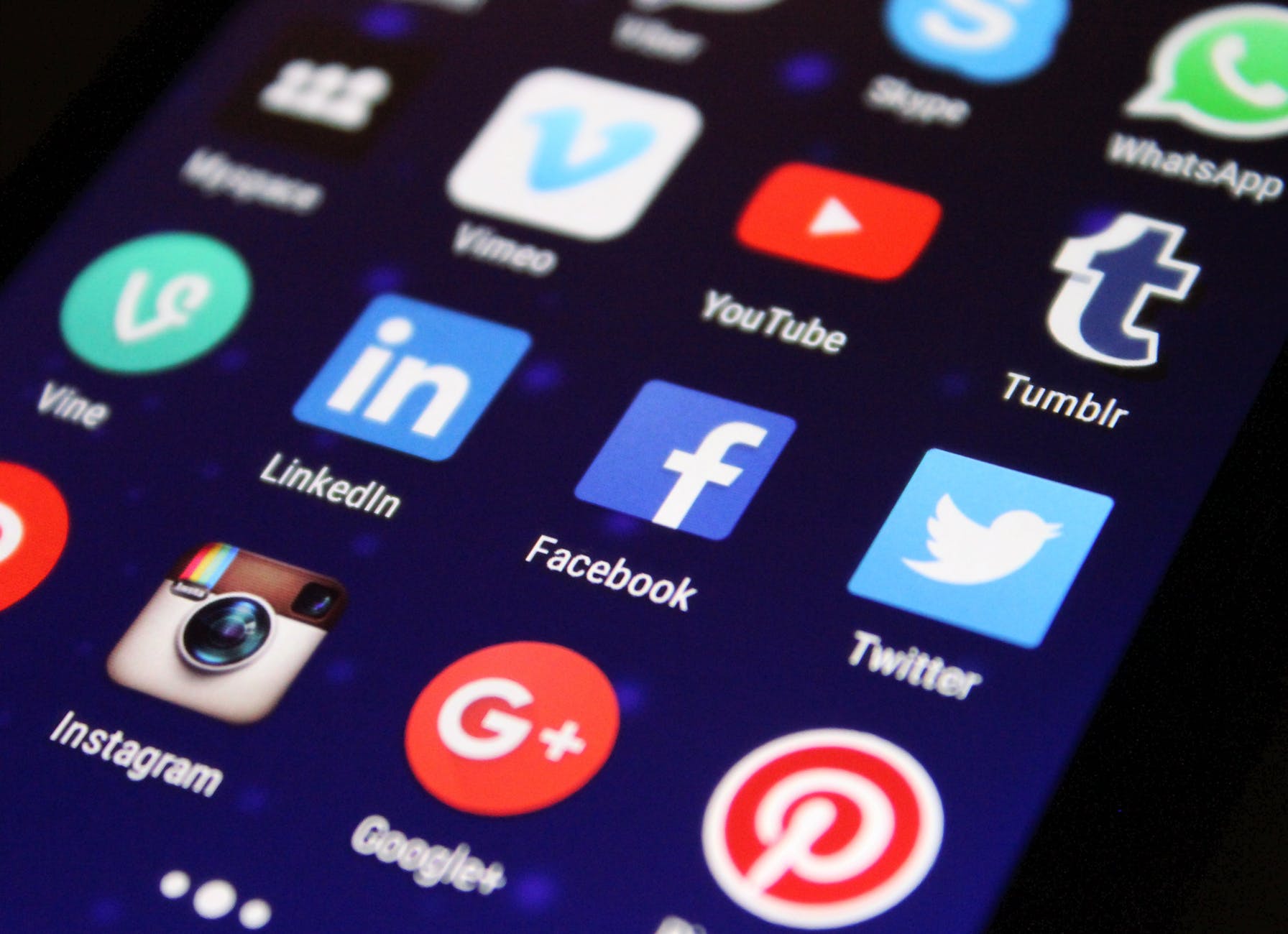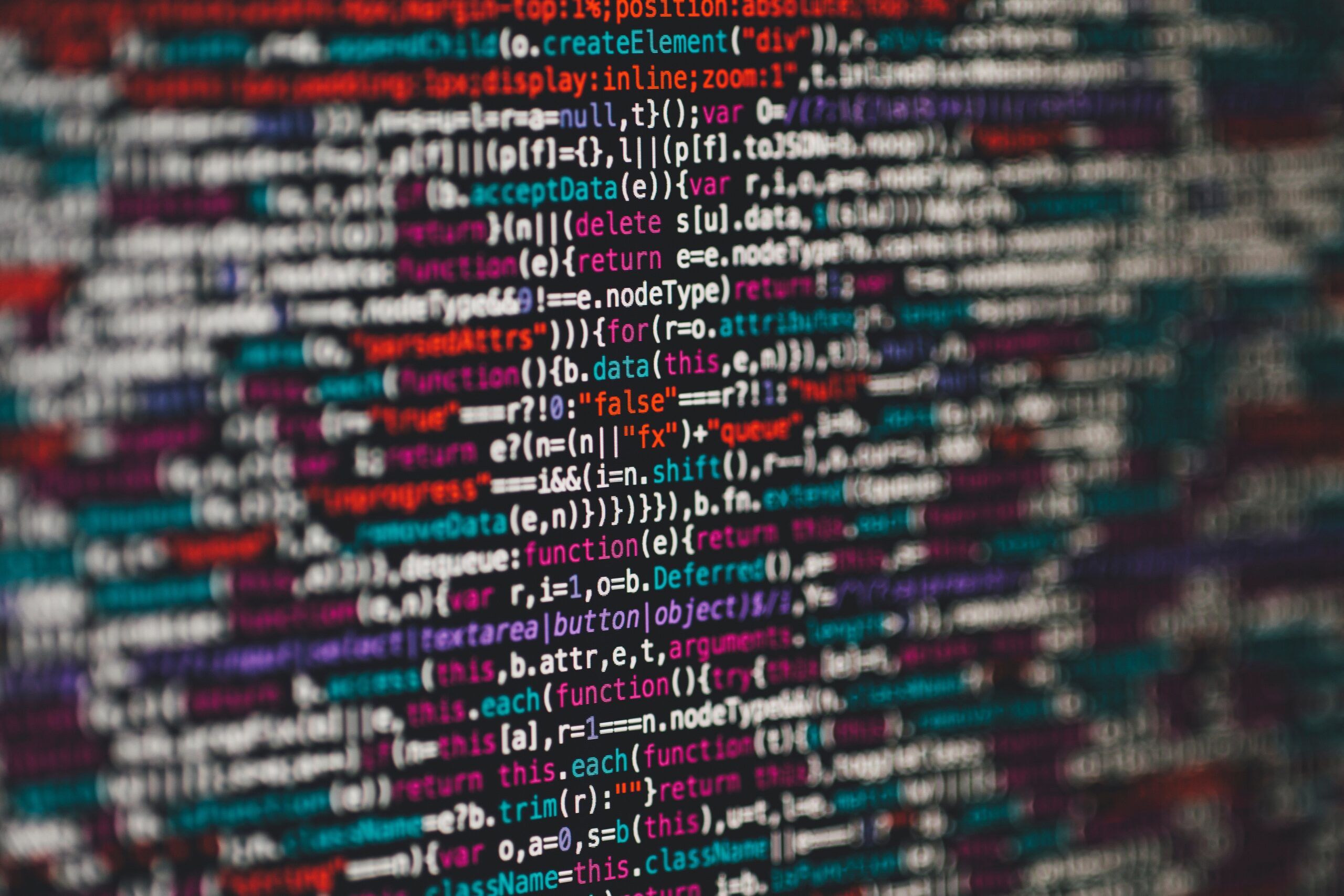Speculatons and regulations continue to scrutinise ‘Big Tech’ like Facebook, Amazon, Microsoft, Apple etc. Members of a House subcommittee summoned the chief executives of Amazon, Apple, Facebook and Google on Wednesday to grill them on how their companies maintain, enhance and abuse their monopoly power.

Steven Pearlstein writes, “Of course, any honest search for who is responsible for the rise of Big Tech would also include members of Congress themselves, who for three decades have sat on their thumbs as judges infatuated with free-market ideology were allowed to so hollow out American antitrust law that regulators are now almost powerless to restrain the tech giants. At this point, only a major rewrite of the industrial era antitrust statutes can bring the tech titans to heel.” He further explains, “While this “network effect” explains much of the winner-take-all competition in the tech sector, mergers and acquisitions have also played a role. The four companies represented at Wednesday’s hearings, along with Microsoft, have collectively bought 720 companies over the last 30 years, according to testimony from the American Antitrust Institute.”
“Antitrust is the biggest threat they will face.” “Because we don’t see them facing much competitive threat from their peers.”
Morningstar analyst Ali Mogharabi
The allegations against Big tech
- Politicians outraged that profit-making companies had tried to buy up rivals and use their platforms to favor their own services, or the executives who couldn’t understand why anyone would think that their companies had even the slightest bit of market power over suppliers and customers.
- William E. Kovacic, a professor specializing in antitrust law at George Washington University, said that even if many of the proposals did not become law, the increased scrutiny alone would lead tech companies to change behavior.
“It’s like the policeman at your elbow,” he said.

What Are Antitrust Laws?
Antitrust laws also referred to as competition laws, are statutes developed by the U.S. government to protect consumers from predatory business practices. They ensure that fair competition exists in an open-market economy. These laws have evolved along with the market, vigilantly guarding against would-be monopolies and disruptions to the productive ebb and flow of competition.
Antitrust laws apply to a wide range of questionable business activities, including but not limited to market allocation, bid rigging, price fixing, and monopolies. Below, we take a look at the activities these laws protect against.
If these laws didn’t exist, consumers would not benefit from different options or competition in the marketplace. Furthermore, consumers would be forced to pay higher prices and would have access to a limited supply of products and services.

The Big Tech wars
Microsoft Teams vs Slack
“We created Teams to combine the ability to collaborate with the ability to connect via video, because that’s what people want,” the company said in an emailed statement. “With COVID-19, the market has embraced Teams in record numbers while Slack suffered from its absence of video-conferencing. We’re committed to offering customers not only the best of new innovation, but a wide variety of choices in how they purchase and use the product.” Slack does offer a videoconferencing function, but it’s designed only for company-internal huddles.
Amazon
CEO Jeff Bezos will make his first-ever appearance before Congress on July 29. In recent years, Bezos has granted few extended interviews to journalists and has seldom faced the kind of adversarial questions he is likely to get from lawmakers on the House Antitrust Subcommittee. He is set to testify via videoconference alongside CEOs from Apple Inc., Google parent Alphabet Inc. and Facebook Inc. Source: The Wall Street Journal, July 27, 2020.

